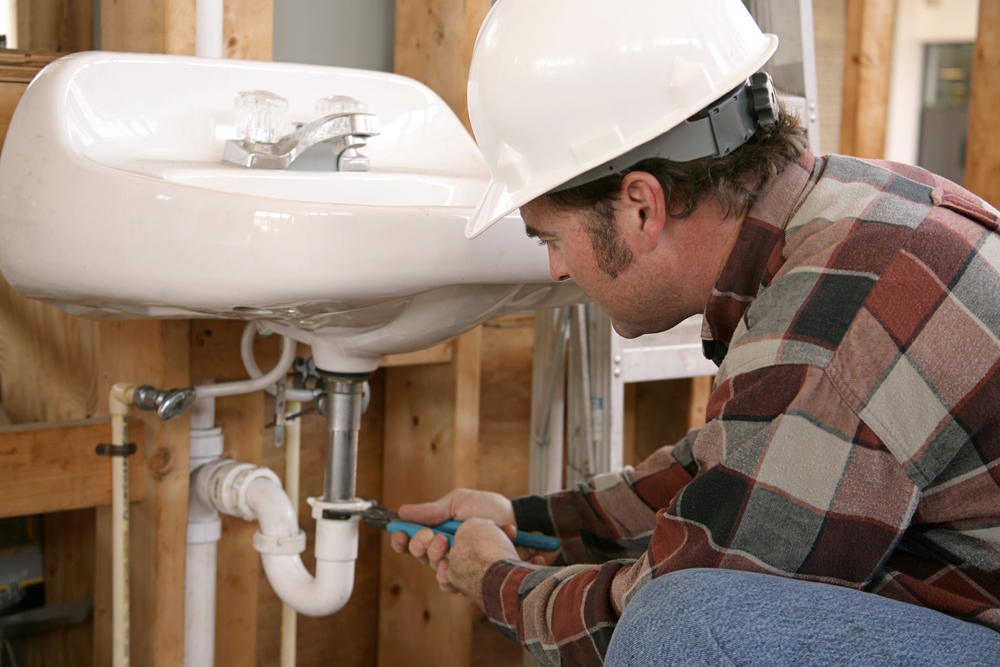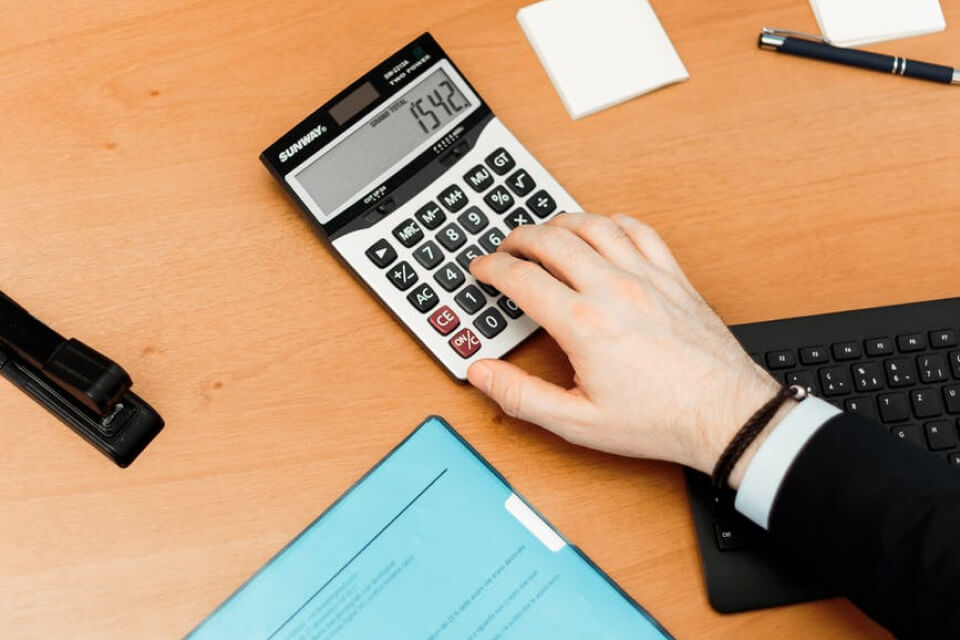The Competition and Markets Authority (CMA) has issued advice for people finding traders via recommendation sites.
The watchdog urged consumers not to rely on terms such as ‘trusted’, ‘reliable’, or ‘expert’ to describe traders. Instead, it said consumers should use a site that verifies traders by ensuring they have the necessary licences, insurances and certifications.
Trader recommendation sites are websites and apps that help people to find and connect with traders, such as builders, plumbers, and heating specialists. Specifically, they recommend traders to consumers, often stating that those advertising on their site have been vetted or assessed on the quality of their work.
Because more and more people use these websites, the CMA has looked into them and is pushing the sector to ensure all businesses comply with consumer law.
With the CMA set to receive stronger enforcement powers from next spring, trader recommendation sites that are not complying with their obligations risk a formal investigation.
Hayley Fletcher, interim senior director of consumer protection at the CMA, said: “Millions of people use these sites to find a trusted and skilled trader, but that’s not always what they get. We’re arming consumers with a handy set of tips to use while navigating trader recommendation sites to help them find a legitimate and reliable trader.
Wellness and wellbeing holidays: Travel insurance is essential for your peace of mind
Out of the pandemic lockdowns, there’s a greater emphasis on wellbeing and wellness, with
Sponsored by Post Office
“We’ve also issued advice for the sector – meaning sites should be entirely clear about what they should and shouldn’t do when it comes to consumer law. Not only does this help protect consumers, it also means that the thousands of reliable and honest professionals who rely on these sites to connect with customers are competing on a level playing field.”
How to find a good tradesperson
- Don’t rely solely on claims of ‘trustworthiness’ made on trader recommendation sites – many sites use terms like ‘trusted’, ‘reliable’, or ‘expert’ to describe traders, but these may not be true or verified
- Choose a trader recommendation site that verifies traders by ensuring they have the necessary licences, insurances, and certifications
- Make sure the site has a strong complaints process and check whether it offers support in resolving disputes
- Check how trader recommendation sites monitor traders and sanction poor behaviour, and whether rogue traders are removed
- Be cautious about reviews – check if they are badged as being from verified customers
- Once you have found a reliable site, compare traders before deciding – don’t rush into selecting a trader, but review several, taking into account important details like experience, qualifications, certifications, and verified customer reviews
Rocio Concha, director of policy and advocacy at Which?, said: “Rogue traders can have a devastating impact on people’s lives, often leaving them with shoddy workmanship, damaged property and even considerable financial losses, so the CMA is right to warn consumers about this issue.
“Which? Trusted Traders is an endorsement scheme that only recognises reputable local traders. Consumers who use the service to find skilled professionals can book with confidence, knowing those who receive our stamp of approval have passed a rigorous assessment process.”


